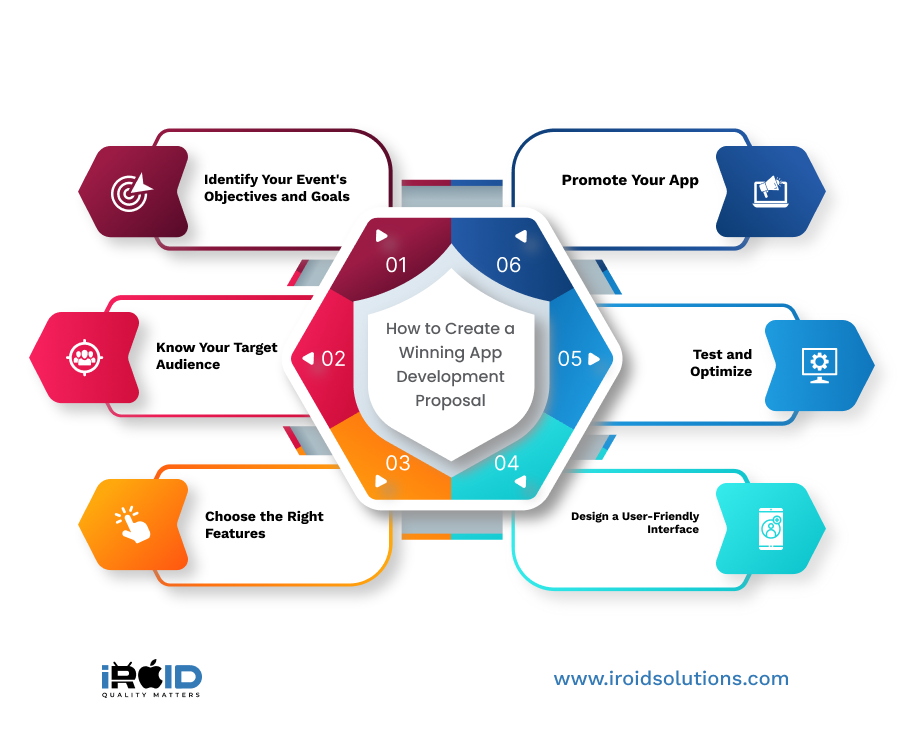In today's digital era, event planners are using technology to make their events more engaging, interactive, and memorable. Mobile apps are becoming an essential part of event planning and management. A well-designed mobile app can provide a seamless experience to event attendees and make their lives easier by providing real-time updates, personalized agendas, and networking opportunities.
If you're an event planner looking to develop a mobile app for your next event, this blog post will provide you with best practices and tips to create a successful mobile app.

1. Identify Your Event's Objectives and Goals
Before you start developing your mobile app, it's essential to identify your event's objectives and goals. Determine what you want to achieve with the app and how it aligns with your overall event strategy. Do you want to increase attendee engagement, improve event navigation, or generate more revenue? Defining your goals will help you create a mobile app that meets your event's specific needs.
2. Know Your Target Audience
Knowing your target audience is crucial in creating a mobile app that resonates with your attendees. Identify their demographics, behavior patterns, and preferences to create a personalized experience. You can conduct surveys, polls, or focus groups to gather insights into their expectations and preferences.
3. Choose the Right Features
When it comes to features, less is more. Don't overload your mobile app with unnecessary features that can confuse and overwhelm attendees. Choose the right features that align with your event goals and target audience. Some essential features include event schedule, interactive maps, push notifications, and networking tools.
4. Design a User-Friendly Interface
Your mobile app's user interface (UI) is critical in providing a seamless experience to attendees. Design an intuitive UI that is easy to navigate and visually appealing. Use a color scheme and font that aligns with your event's brand identity.
5. Test and Optimize
Testing and optimizing your mobile app is crucial in identifying and fixing bugs, improving app performance, and enhancing user experience. Conduct beta tests with a small group of attendees before launching the app to the public. Gather feedback, track app usage, and analyze user data to optimize your app continually.
6. Promote Your App
Promoting your mobile app is essential in driving adoption and engagement. Use social media, email marketing, and website banners to promote your app. Offer incentives, such as exclusive content or discounts, to encourage attendees to download and use your app.
In summary, developing a mobile app for events requires careful planning, research, and execution. By identifying your event objectives, knowing your target audience, choosing the right features, designing a user-friendly interface, testing and optimizing, and promoting your app, you can create a successful mobile app that provides a seamless experience to attendees.
If you're looking for a reliable mobile app development company to help you create an app for your event, Contact us today. Our team of experienced developers can create a customized mobile app that meets your event's specific needs. Don't miss the opportunity to enhance your attendees' experience and make your event memorable with a well-designed mobile app.
Blog Related FAQs:
Recent Blog Posts
Get in Touch With Us
If you are looking for a solid partner for your projects, send us an email. We'd love to talk to you!














